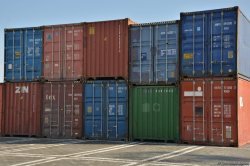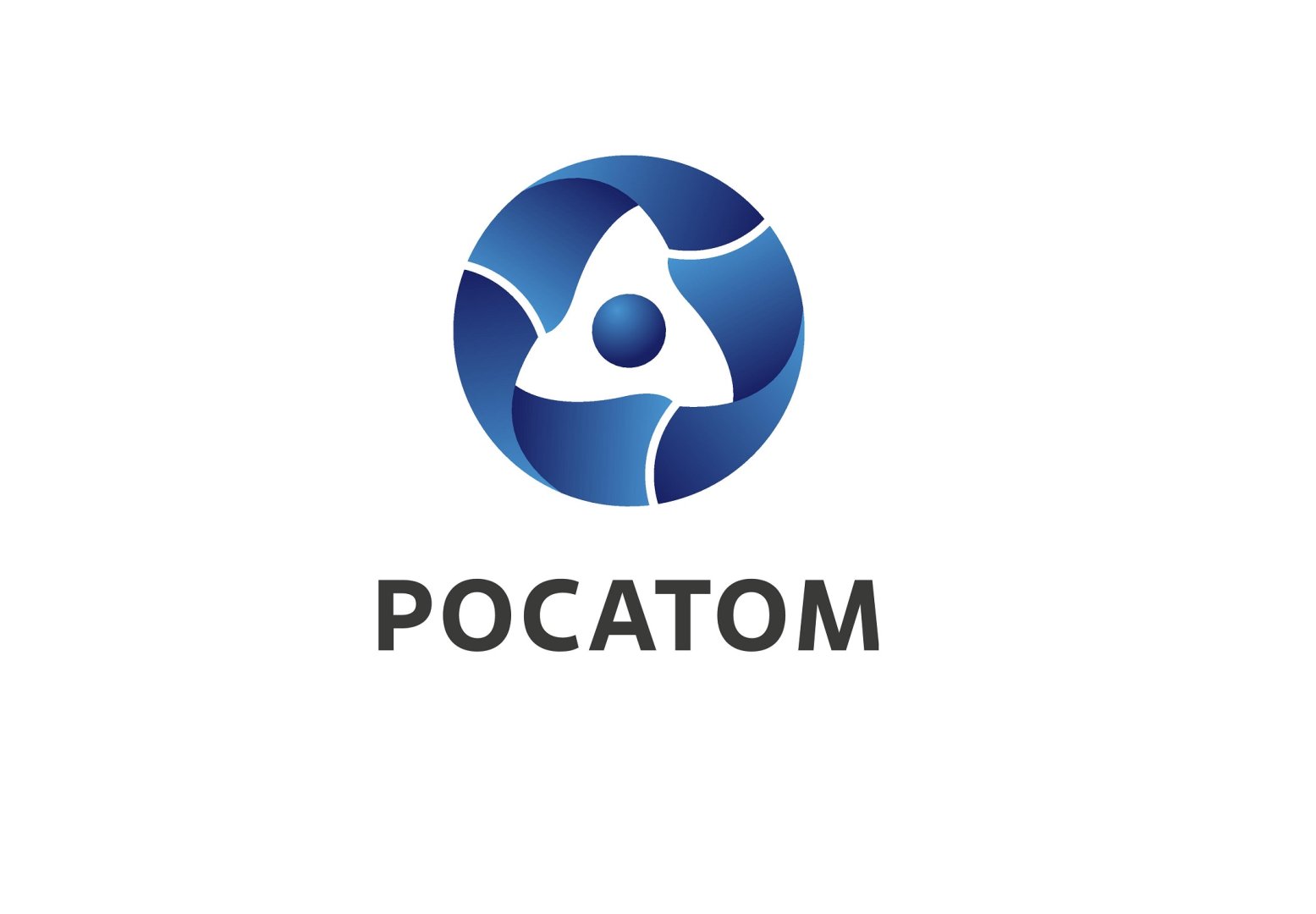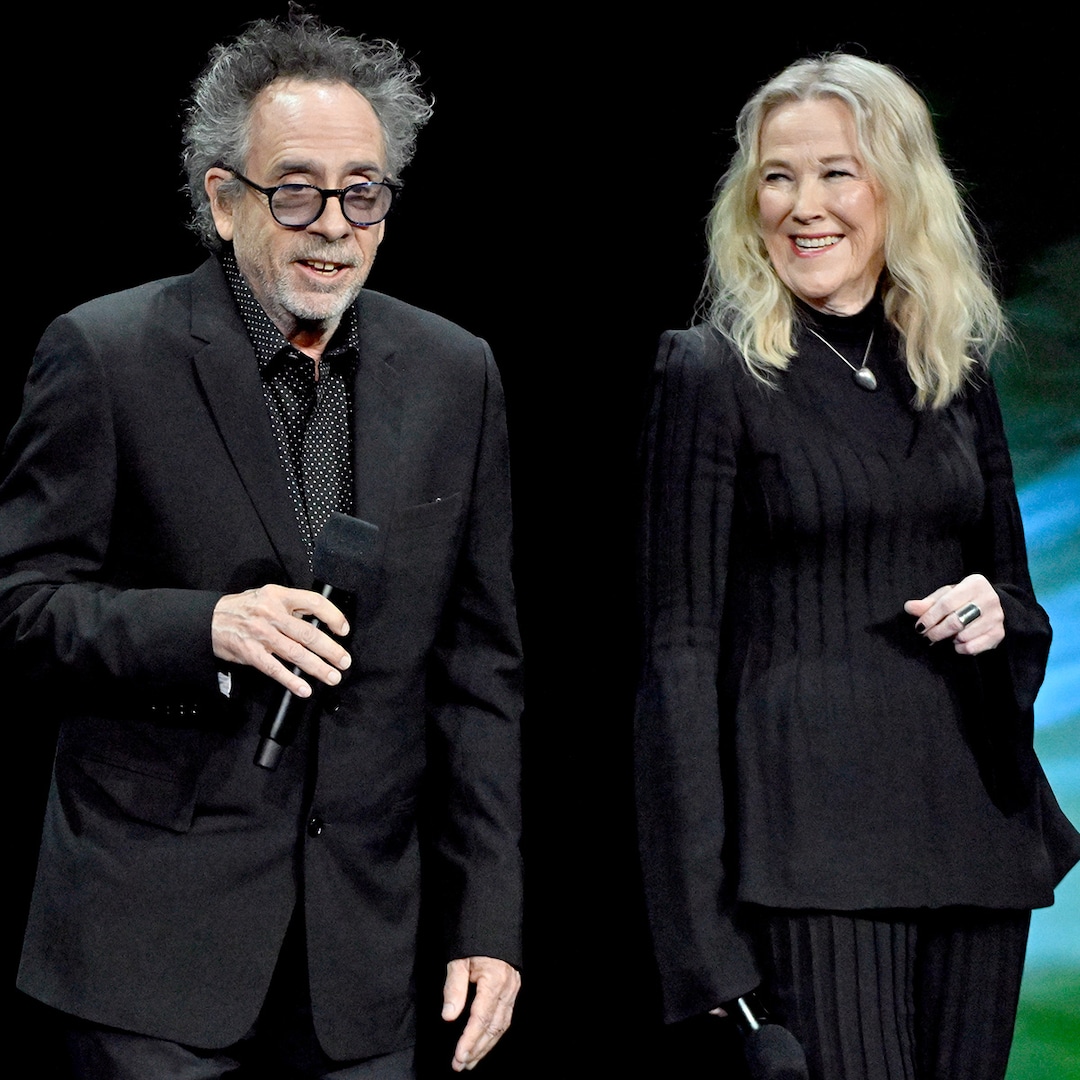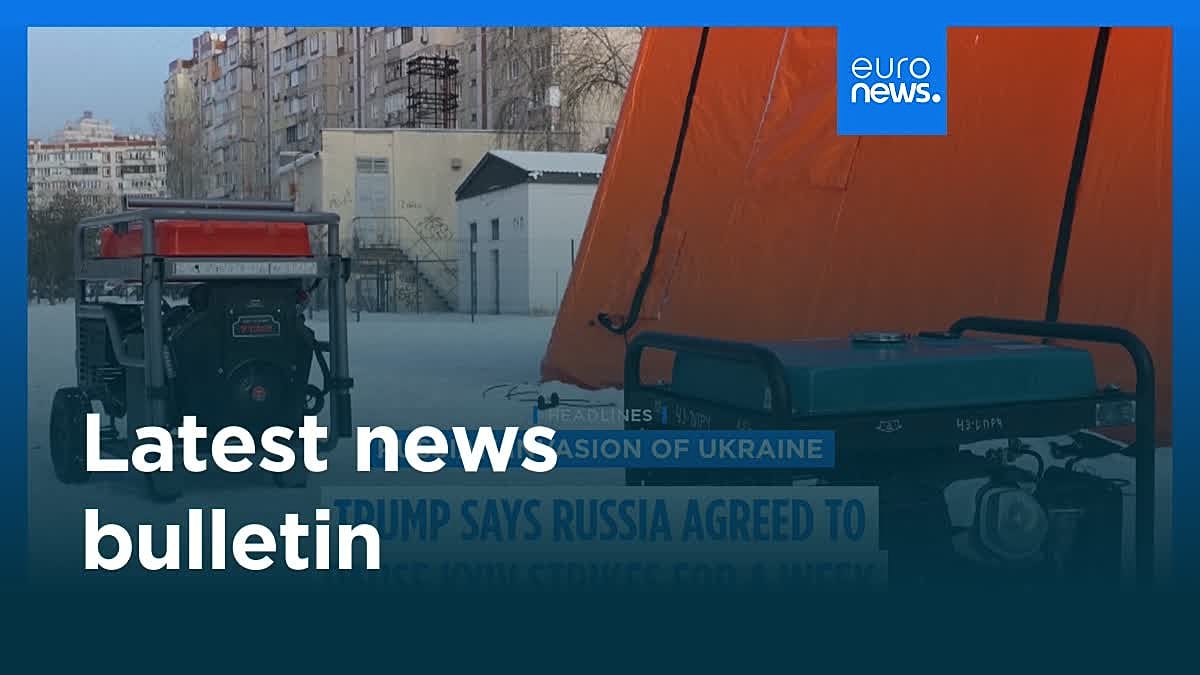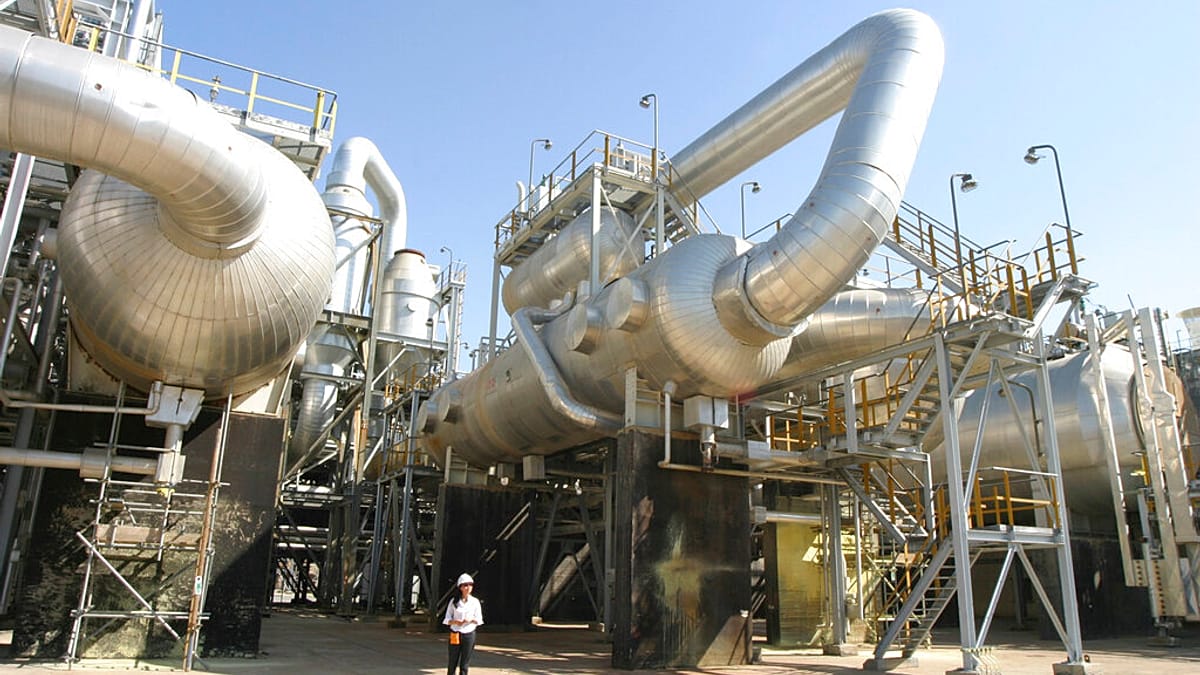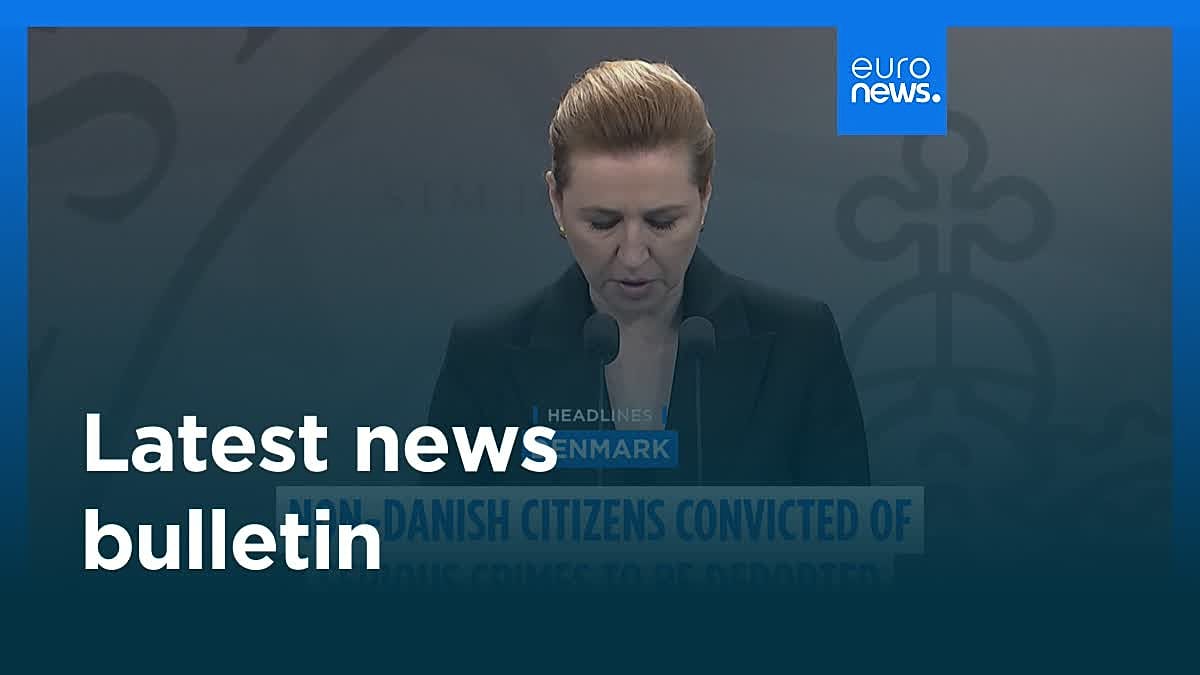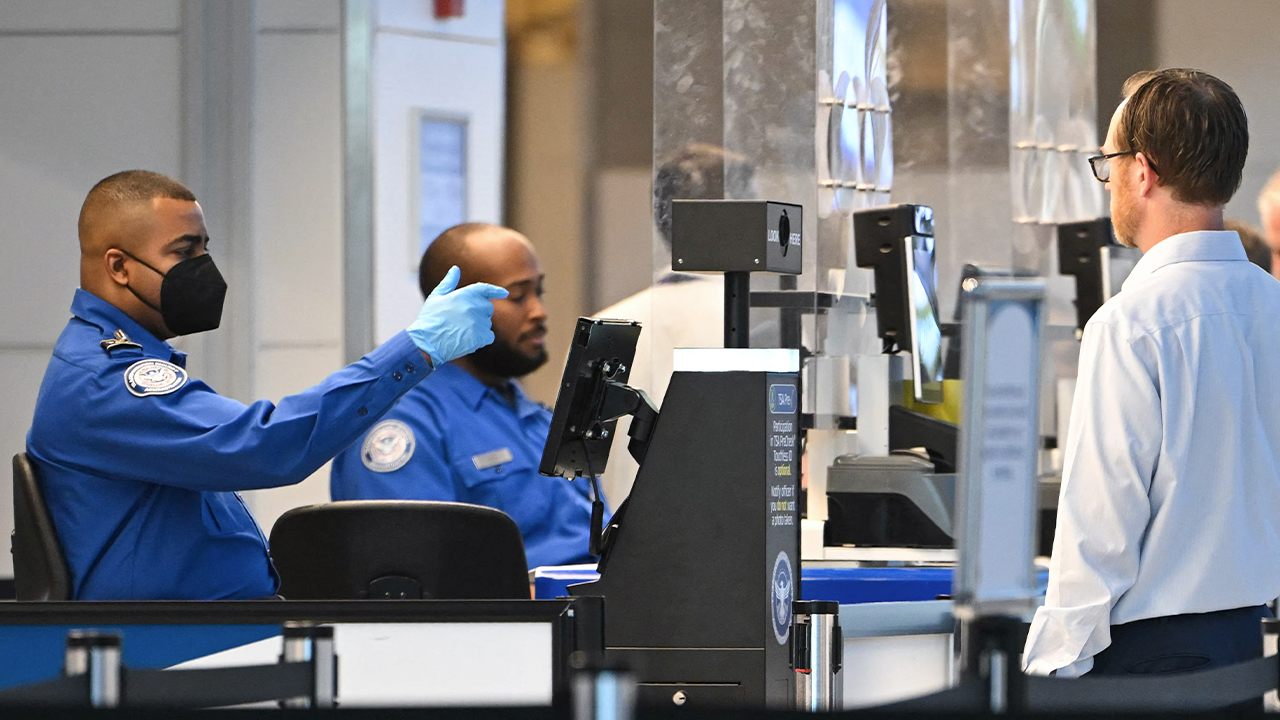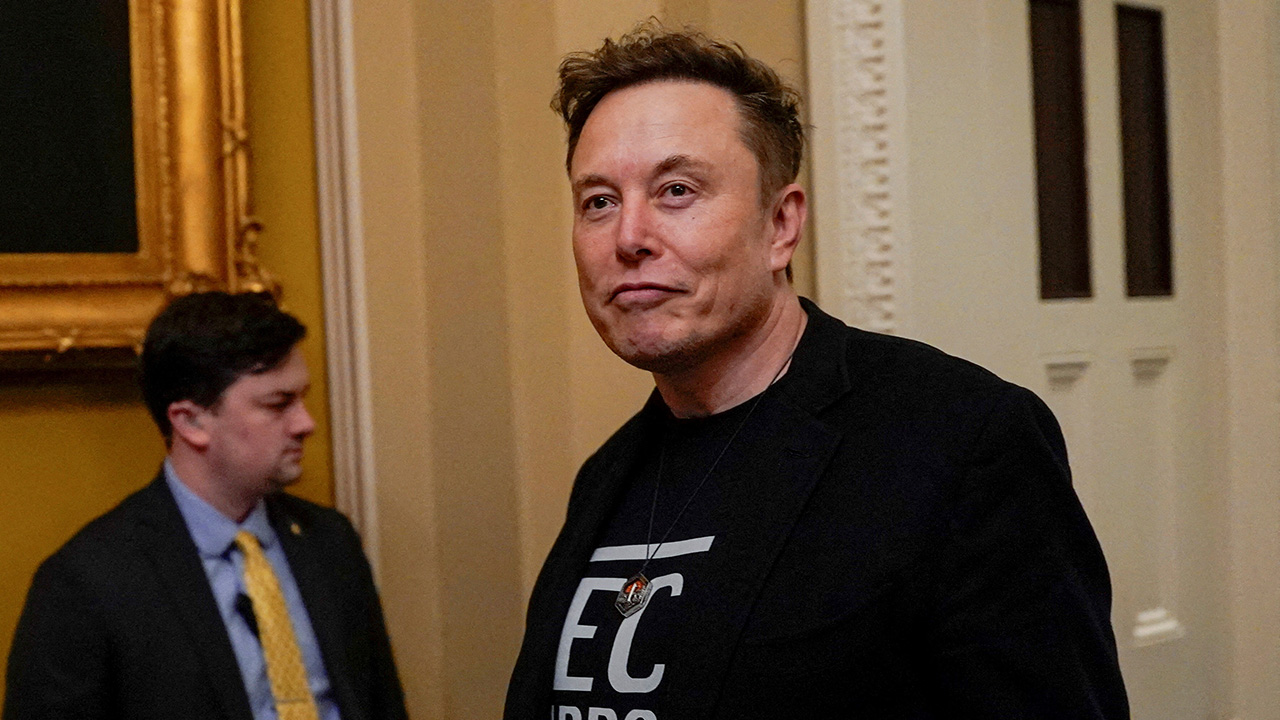Ventures.eu Forum 2025: Key takeaways for investors & policymakers

Europe’s startup scene is buzzing with innovation, yet the question remains: how can these companies get the funding they need to grow at home? European VC-backed firms have already created huge value, but there is still less late-stage capital than in the US. That gap often pushes promising companies to scale abroad, taking jobs, IP, and revenue with them.
The Ventures.eu Forum 2025, held at Château de Beloeil and hosted by Prince Henri de Ligne, brought together family offices, LPs, GPs, fund-of-funds, policymakers, and founders to explore this challenge. Taking place under the umbrella of the EU-funded Innovation Radar Bridge project, the Forum provided a platform to map and accelerate Europe’s most promising innovators, making the discussions directly relevant for investors and policymakers alike.
This article will break down the main takeaways from the Forum, and why they matter for investors and policymakers.
Europe’s potential

Peter Coveliers (European Investment Fund) highlighted that European VC-backed companies have already created huge value, around €3.5 trillion and growing, showing that the continent has what it takes to produce global champions.
But value alone is not enough. Without follow-on funding, some winners may leave Europe to grow elsewhere. Investors should think beyond early-stage deals, and policymakers should make it easier for companies to scale locally.
Moving money faster is critical
Jillian Manus (Structure Capital) delivered a strong call to action for allocators: Europe must increase the speed of capital deployment. Miruna-Ioana Girtu (Heritage Holdings), Michael Brehm (Redstone VC), and Fridtjof Detzner (Planet A Ventures) echoed that Europe’s problem is not talent, it’s how quickly capital moves. Comparisons were drawn between Europe and the US, where funding is faster and bigger.
Getting money to startups faster keeps teams together, speeds up growth, and helps companies compete globally. Investors can benefit from moving faster in later-stage rounds, while policymakers can help by reducing obstacles to scaling.
Family offices and a new wave of impact

Speakers including Philipp Scholz (EWOR), Agate Freiman (Norrsken VC), Aurelia von Liechtenstein (EWOR – Sigma Squared Society), and Tilo Bonow (PIABO Communications) encouraged family offices to put more money into private markets, especially in deeptech. Bouke Marsman (Marktlink Capital) highlighted that will only become more important for Family Offices seeking to build wealth over time.
The next generation is value-driven, aligning capital with values, impact, and systemic change; opportunities are being created in areas like sustainability, biodiversity, and regenerative agriculture, all sectors where Europe can lead.
Pension funds, a huge untapped resource
Kinga Stanislawska (European Women in VC and Venture Connections), Chris Elphick (British Private Equity & Venture Capital Association, BVCA), Daniel Keiper-Knorr (Speedinvest), Kerstin Cooley (Course Corrected), and Camilla Richards (Atomico) explained that even a small increase in pension fund allocations could unlock billions for European startups. As one speaker put it, “Why would we let US pensioners take the profits home from our own continent?”, capturing the urgency.
Highlighting advice for policymakers and pension fund leaders, Kinga Stanisławska commented: “Europe’s pension funds manage over €3 trillion, yet only a sliver reaches venture capital – where the next generation of climate, health and digital leaders are built. This gap is a major opportunity. Pensions can engage at different levels of risk: from highly diversified fund-of-funds at the lower end, to growth and direct venture strategies for those ready to go further. With the right frameworks, venture is not just an ‘alternative’ but a source of diversification, resilient returns and long-term impact. By connecting patient pension capital with Europe’s innovators, we unlock a true win-win: secure retirements for members and the growth Europe needs to stay competitive.”
Collaboration and sovereignty
Carolina Rossi (Europe Startup Nations Alliance, ESNA), Alexander Lange (Inflection.xyz), Juliet Bailin (Kindred Capital), Damian Perl (Ultratech Capital), and Mads Jensen (SuperSeed) highlighted that partnerships between corporates and startups, in addition to maintaining control over critical tech, is essential for Europe.
Key takeaways were that startups need concrete agreements, such as offtake contracts, to scale, while corporates must integrate new technologies to stay competitive. Securing Europe’s capabilities in AI, defense, and infrastructure is about long-term strength rather than protectionism, and policymakers and investors alike have a role to support this.
Speaking further about why Europe needs to prioritise sovereignty in areas like AI and critical infrastructure, and the role of private capital, Alexander Lange (Founding Partner of Inflection.xyz), explained: “Globalisation won’t fade entirely and no alliance can on-shore everything. The solution is to control some important building blocks of the manufacturing and compute stack, rooted in engineering craft, not manufacturing scale. ASML, Zeiss or Arm are great examples of that. Venture capital started to unlock a new wave of critical compute and infrastructure companies and will increasingly do so – the talent pool is exceptional and growing.”

Bottom line for investors and policymakers
Across panels, the message was clear: Europe has talent and ideas, but it needs capital to move faster. Public programmes such as the EIC, EIF, and European Commission are stepping in, but private investors must act too.
Investors have the chance to back winners at the right time, capturing long-term value. Policymakers should make it easier for capital to flow and ensure Europe’s top companies stay here. Moving too slowly risks losing not just returns, but Europe’s role in key industries.
What’s next: Innovation Radar Bridge project’s upcoming second report
These discussions feed directly into the EU-funded Innovation Radar Bridge (IRB) project. Project partner Dealroom is currently preparing the project’s second report – this time honing in on the topic of AI. For this end, Dealroom is currently conducting an ongoing analysis of AI startup and investment activity across key industrial sectors, with the full report scheduled for publication in Q4 2025. Stay tuned!
The post Ventures.eu Forum 2025: Key takeaways for investors & policymakers appeared first on EU-Startups.

